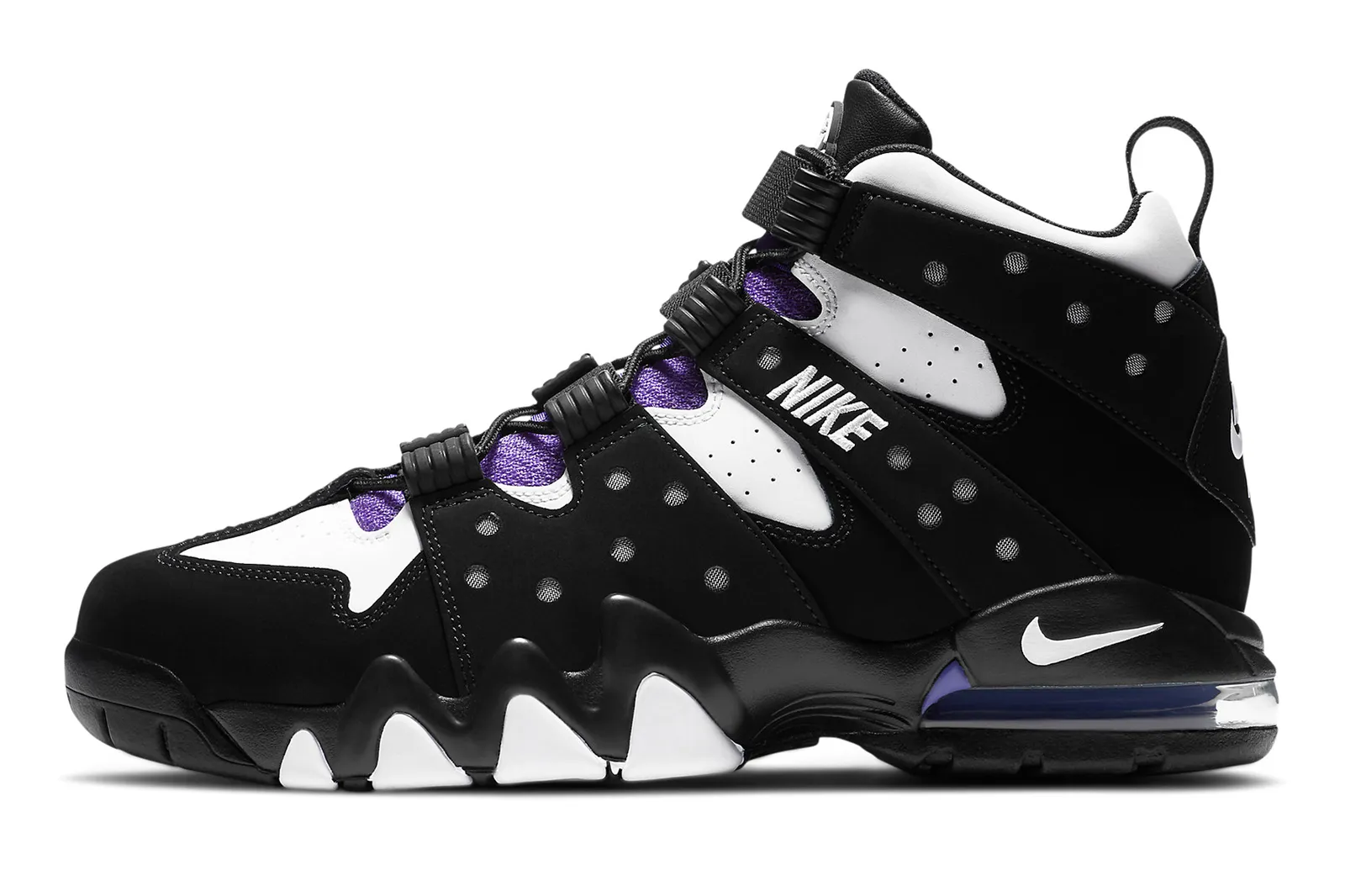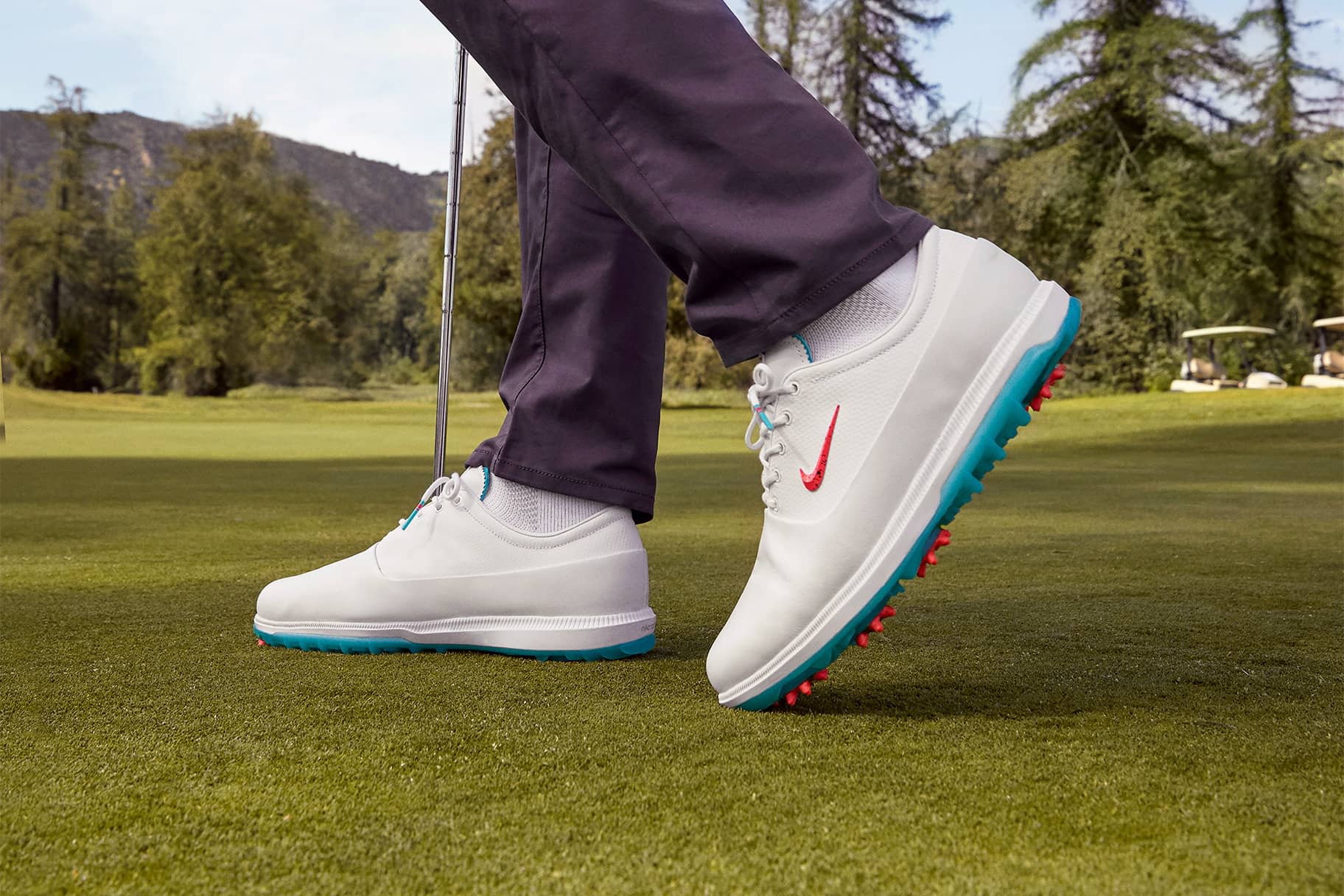Introduction Of Nike
Nike is a globally recognized multinational corporation that specializes in designing, developing, and selling athletic footwear, apparel, and equipment. The company was founded in 1964 by Bill Bowerman and Phil Knight, initially under the name “Blue Ribbon Sports.” However, in 1971, the company rebranded itself as Nike, named after the Greek goddess of victory.
Nike’s products are designed for various sports and physical activities, including running, basketball, football, soccer, and golf, among others. The company also produces sports equipment such as balls, gloves, and protective gear.
Despite its success, Nike has also faced criticism over the years, particularly regarding labor practices in its factories overseas. However, the company has taken steps to address these issues and improve working conditions in its supply chain.
History And Evolution Of Nike
Nike was founded in 1964 by Bill Bowerman, a track and field coach, and Phil Knight, a middle-distance runner. Initially, the company was named “Blue Ribbon Sports” and was a distributor for the Japanese athletic shoe brand, Onitsuka Tiger. However, in 1971, the company changed its name to Nike and began producing its own line of footwear.
In its early years, Nike focused primarily on running shoes. The company’s first product was the Nike Cortez, which was launched in 1972 and quickly became a popular running shoe. Nike continued to innovate and expand its product offerings, launching its first basketball shoe, the Bruin, in 1972 and its first cross-training shoe, the Air Trainer, in 1987.
In recent years, Nike has continued to innovate and expand its product offerings. The company has focused on sustainability and has launched several eco-friendly product lines, such as its “Flyleather” line of shoes made from recycled leather. Nike has also expanded its digital offerings, launching apps and services that help athletes track their performance and connect with other athletes.
Overall, Nike’s history and evolution have been marked by innovation, expansion, and a commitment to excellence in product design and marketing. Today, Nike is one of the world’s most recognizable and influential brands, with a global presence and a diverse portfolio of products and services.
Products And Services Of Nike
Nike offers a wide range of products and services, primarily focused on athletic footwear, apparel, and equipment. Some of Nike’s most popular product categories include:
- Footwear: It is best known for its athletic footwear, which includes running shoes, basketball shoes, soccer shoes, training shoes, and more. The company’s footwear is known for its innovative design, high-quality materials, and cutting-edge technology.
- Apparel: Nike produces a wide range of athletic apparel, including shirts, shorts, pants, jackets, and more. The company’s apparel is designed to be comfortable, durable, and stylish, and is suitable for a variety of physical activities.
- Equipment: It also produces a range of sports equipment, such as balls, gloves, protective gear, and more. The company’s equipment is designed to help athletes perform at their best and stay safe while doing so.
- Digital Products and Services: It has also developed several digital products and services, such as the Nike Training Club app, which offers workout routines and training plans, and the Nike Run Club app, which tracks running performance and provides coaching and motivation.
In addition to its product offerings, Nike also offers a range of services, including customization services that allow customers to personalize their shoes and apparel, and online services that provide information on training, nutrition, and fitness. The company also offers a variety of sponsorships and partnerships with athletes, sports teams, and other organizations.
Marketing Strategy Of Nike
Nike is well-known for its innovative and influential marketing strategies that have contributed significantly to its success. Here are some key elements of Nike’s marketing strategy:
- Emphasizing the brand’s values: It’s marketing campaigns often focus on the brand’s core values of innovation, inspiration, and empowerment. The company’s iconic “Just Do It” slogan, for example, is a simple yet powerful statement that resonates with athletes and non-athletes alike.
- Sponsorship of high-profile athletes and teams: Nike has a long history of partnering with some of the world’s most famous athletes and sports teams. By associating itself with high-profile athletes and teams, Nike is able to tap into the popularity and cultural significance of these figures and organizations.
- Innovative product design: It‘s products are known for their innovative design, which often incorporates cutting-edge materials and technology. This emphasis on innovation helps to differentiate Nike’s products from those of its competitors and adds to the company’s overall brand appeal.
- Engaging social media campaigns: It has a significant presence on social media, where it often launches engaging campaigns that tap into current cultural trends and issues. For example, its “Dream Crazier” campaign celebrated the accomplishments of female athletes and challenged traditional gender stereotypes.
- Customization options: Nike also offers a range of customization options that allow customers to personalize their shoes and apparel. This customization helps to create a sense of ownership and uniqueness among Nike customers.
Overall, Nike’s marketing strategy is built on a strong brand identity, innovation, and engagement with cultural trends and issues. By staying true to its core values and constantly pushing the boundaries of product design and marketing, Nike has cemented its place as one of the most influential and successful brands in the world.
Conclusion Of Nike
In conclusion, Nike is a global brand that has had a significant impact on the athletic industry. The company has a long history of innovation, expanding its product offerings, and developing influential marketing campaigns that have helped to solidify its position as one of the world’s leading athletic brands.
Nike’s commitment to sustainability and social responsibility is also noteworthy, as the company has launched several eco-friendly product lines and implemented initiatives to reduce its environmental impact.
Overall, Nike’s success is a result of its focus on high-quality products, innovative design, and effective marketing strategies. As the company continues to evolve and expand its offerings, it is likely to remain a dominant player in the athletic industry for years to come.

















